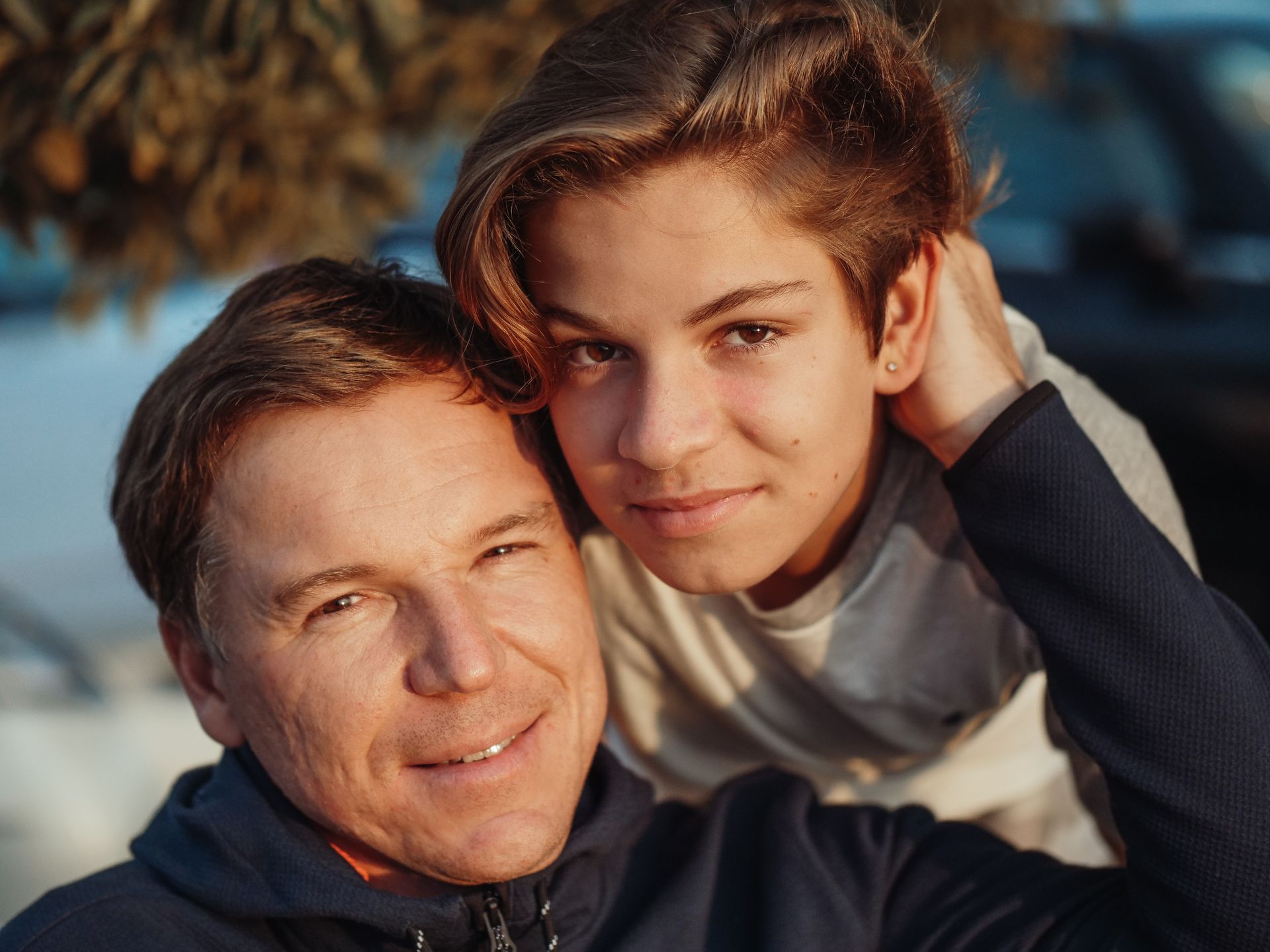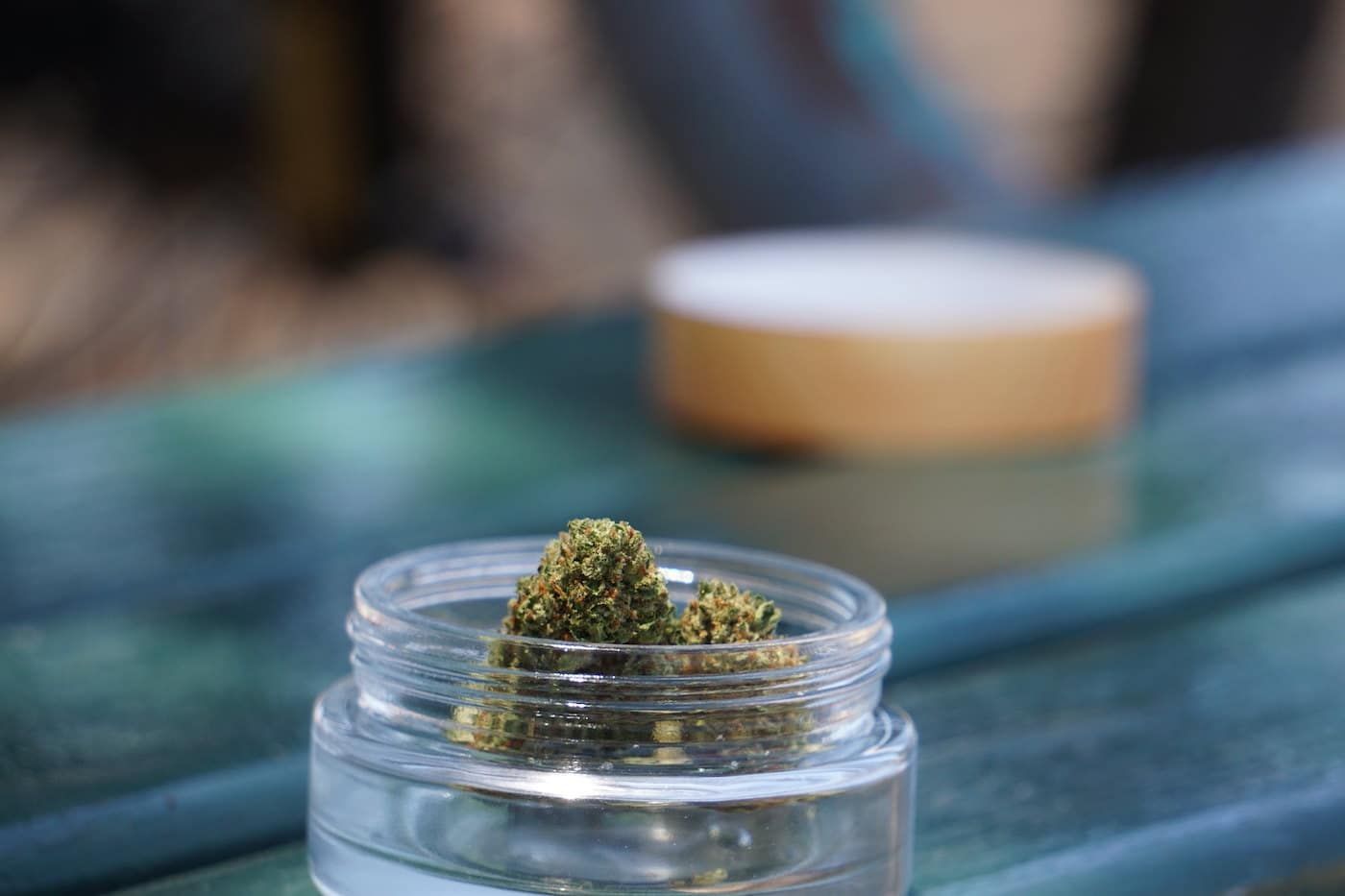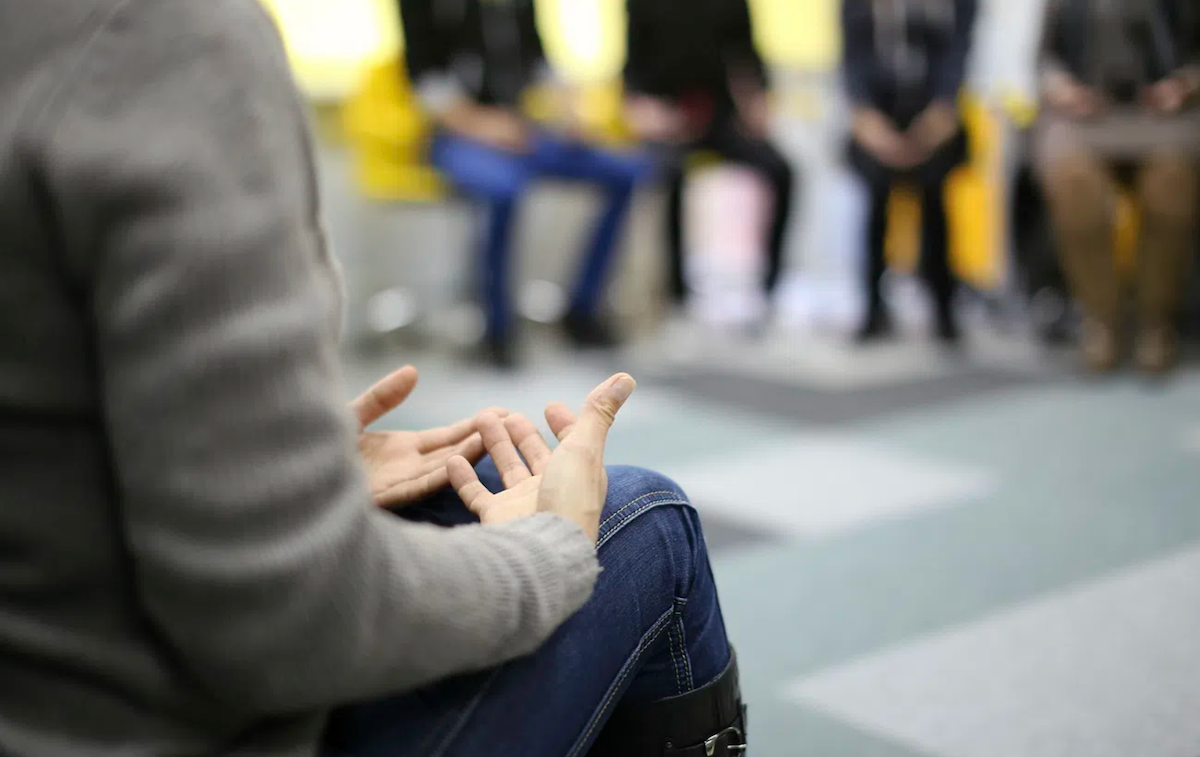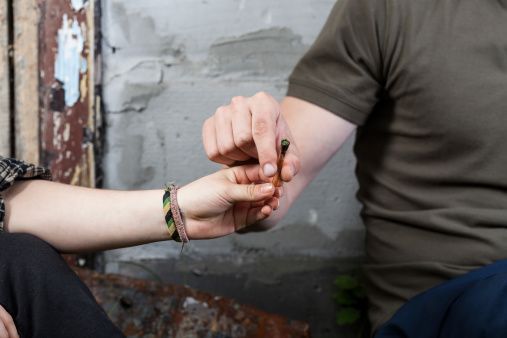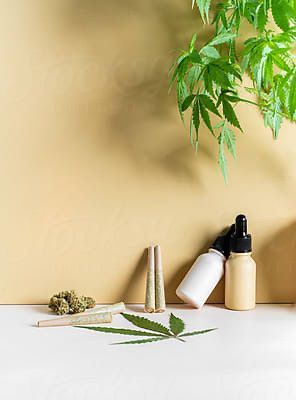"Knowledge Itself Is Power": My Articles and Resources to Educate and Empower
Francis Bacon first said "knowledge itself is power" in the 16th century and this is more true than ever in our digital times. I'm excited to share my knowledge and experiences in the fields of substance misuse , addiction treatment harm reduction, drug policy and parenting and paths to well-being,
There are a lot of myths, stereotypes, and conflicting information about substance use and mental health out there that can easily confuse and overwhelm people who are trying to find support and information to help them make important decisions about their health and well-being. I've found that when my clients are armed with science-based information, it can empower them to make their own decisions about what resources and steps to take.
It's in this spirit that I'm sharing some of my writing and information resources that my clients and colleagues have told me have been the most relevant for them to have a deeper understanding of the harm reduction approach to therapy and public health issues related to substance use and addiction
